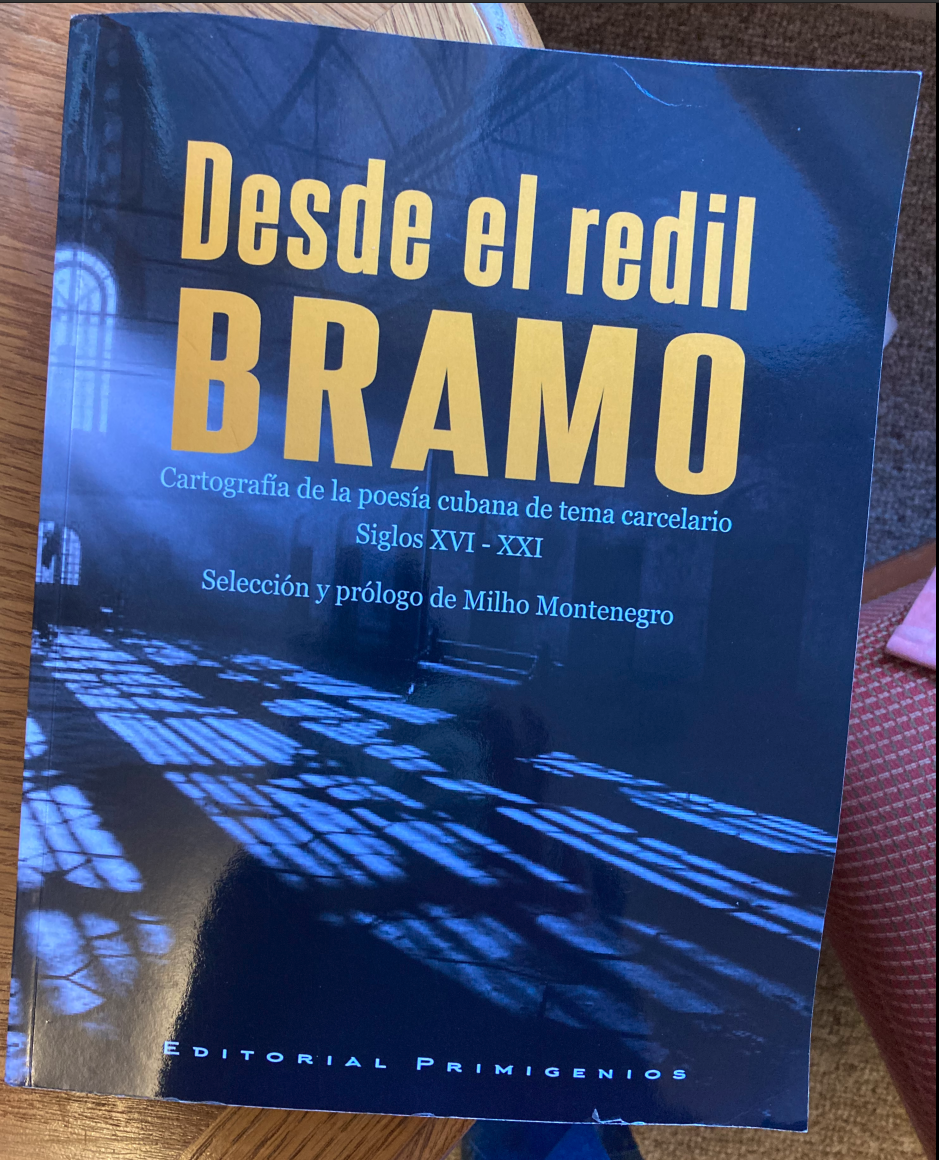This February 22 marks the 85th anniversary of the death of the great Spanish poet Antonio Machado.
I have read many books of poetry, but few have I reread and underlined as much as the paperback edition of his complete poetry published in Cuba in the 1970s.
Machado’s poetry came to me thanks to Joan Manuel Serrat. I didn’t know then that “Cantares”, “Españolito” and “La saeta” were songs with lyrics by the Sevillian.
The label didn’t want to produce that record because they thought it was going to be a failure. However, it was quite the opposite. Thanks to him, the work of the poet, playwright, journalist and writer reached great diffusion in Latin America and in Spain itself, where it had been relegated by the Franco regime.
My childhood is memories of a courtyard in Seville
Antonio Machado was born on July 26, 1875, a time when Spain was already entering its imperial decadence.
His family was well-to-do and had great social prestige. The poet’s father was the lawyer Antonio Machado Álvarez, a lawyer, journalist and researcher of Andalusian folklore, an area in which he achieved international prestige using the pseudonym Demófilo.
His paternal grandfather, Antonio Machado Núñez, a doctor, naturalist and professor, who became rector of the University of Seville and was a well-known defender of the Institución de Libre Enseñanza (ILE), lived in a nearby house.
Scholars of Machado’s life and work say that this first stage of his life was marked by the influence of his father, by the renewing spirit of the ILE, the philosophical readings that the poet made of the works of Bergson and Unamuno, and by the poetic work of Rubén Darío, whom Machado met during one of his trips to Paris.
Solitudes
The collection of poems “Soledades”, Machado’s first book of poetry, was published in 1903. According to Wikipedia, this was followed by “Solitudes. Galleries. Other Poems”, published in 1907 and which some scholars claim is a rewriting of the first. The poet recreates that time of initial formation that he lived with his family and exposes his considerations about his childhood, memory, dreams, death and the passage of time.
It is also claimed that this collection of poems reflects the influence of the Spanish Romantic poet Gustavo Adolfo Bécquer. On the basis of his contributions, Machado renewed the characteristics of the Andalusian language with particular freshness.
The fields of Castile, love, death.
Antonio Machado went to Soria to work as a French teacher. About his experience there, the poet wrote in 1917: “Five years in Soria directed my eyes and my heart towards the Castilian essentials.” From his stay there would emerge the poems of his book “Campos de Castilla”, published in 1912 by the Renacimiento publishing house.
In Soria, when the poet was 34 years old, he met the first great love of his life, the young Leonor Izquierdo, only 15 years old. It was a reciprocal love, but the poet had to wait until Leonor came of age before he could marry.
However, the relationship ended when, after three years of marriage and after a trip to Paris, Leonor contracted tuberculosis and died, an event that deeply marked Machado. She, who had stimulated him so much to work on his collection of poems “Campos de Castilla”, died without being able to verify the rise of her husband’s poetic prestige thanks to that work, in which a deep patriotic feeling and great concern for the destiny of Spain can be appreciated.
Published in 1912, the collection of poems was perhaps a premonition of the tragedy that would shake the country during the civil war, where the crimes committed by the warring forces would plunge it into a division whose consequences are still felt in its political panorama.
In “Campos de Castilla” appear some of the poems that would be masterfully recreated by Joan Manuel Serrat in his album “Dedicated to Antonio Machado”. Within this extraordinary musical recreation, “Cantares” and “La saeta” stand out, whose poetic force Serrat unraveled to reflect in admirable melodies the humility present in the first poem and the redemptive hope of a walking Christ reflected in the second.
The poet died far from home, he is covered by the dust of a neighboring country
Settled in Madrid, Antonio Machado took an active part in the cultural life of the Spanish capital. An important part of his time was dedicated to the theater together with his brother, the poet and playwright Manuel Machado.
In 1927 he entered the Royal Academy and in 1928 he met the poet Pilar de Valderrama, who appears in his work as “Doña Guiomar”. The poet had a long relationship with her.
When the civil war began, Machado, who was on the Republican side, was evacuated to Valencia and then moved to Rocafor, where he remained until 1938. During that time he collaborated with republican publications and participated in the Congress of Writers in Defense of Culture.
Faced with the advance of the forces commanded by Francisco Franco, he marched to Barcelona, from where he crossed the Pyrenees to Collioure, France, where he died “light of baggage” and, as Serrat would say in one of the verses he added to “Cantares” in his transcendent song, “far from home and covered by the dust of a neighboring country”. It was February 22, 1939.
It’s amazing how the passage of time changes historical perspectives. In “Campos de Castilla” Antonio Machado showed concern for the fate of Spain and later supported the Republican side, made up of socialists and communists.
It saddens me that a good man like him was wrong, because today it is known that the path of these politicians points towards the destruction of the historical values of Spain and of our Western culture.
Roberto de Jesús Quiñones Haces
